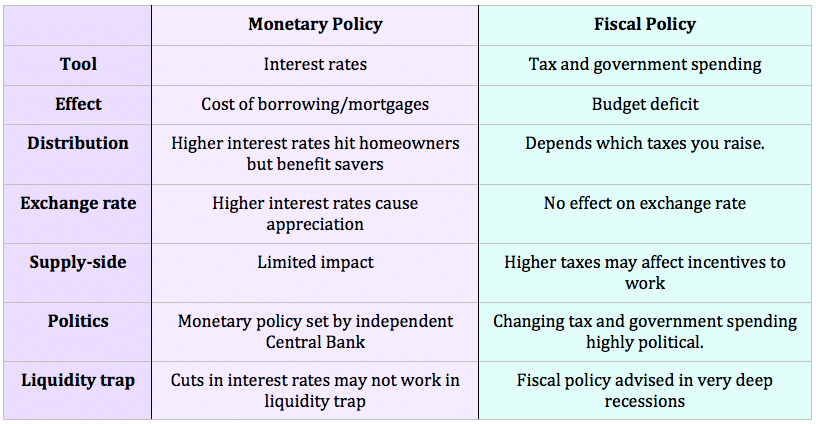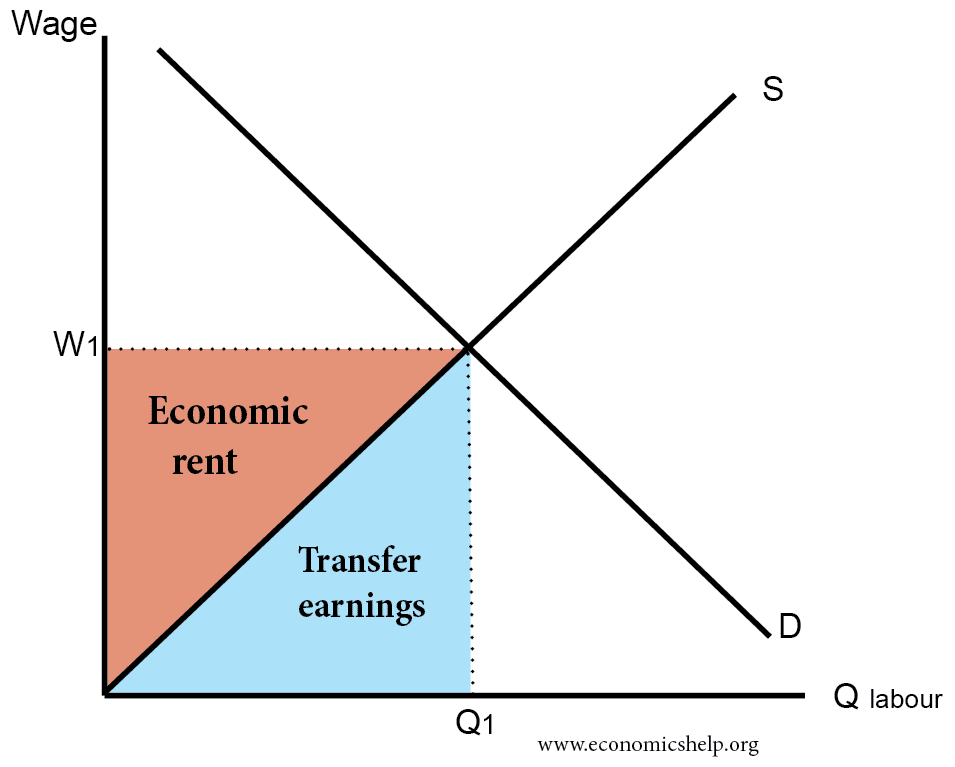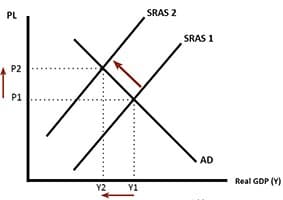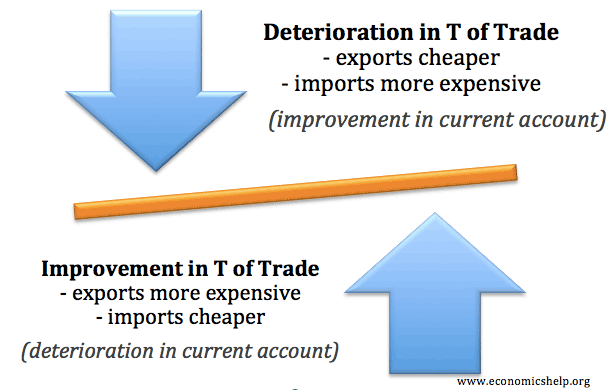Monetary and Fiscal Policy in the UK
Readers Question: What do you understand by the terms ‘monetary policy’ and ‘fiscal policy’? Explain with reference to a country of your choice:- a) How these policies have been used by the government to try to achieve its objectives Definition – monetary and fiscal policy Monetary policy is managed by the Bank of England. They have …




